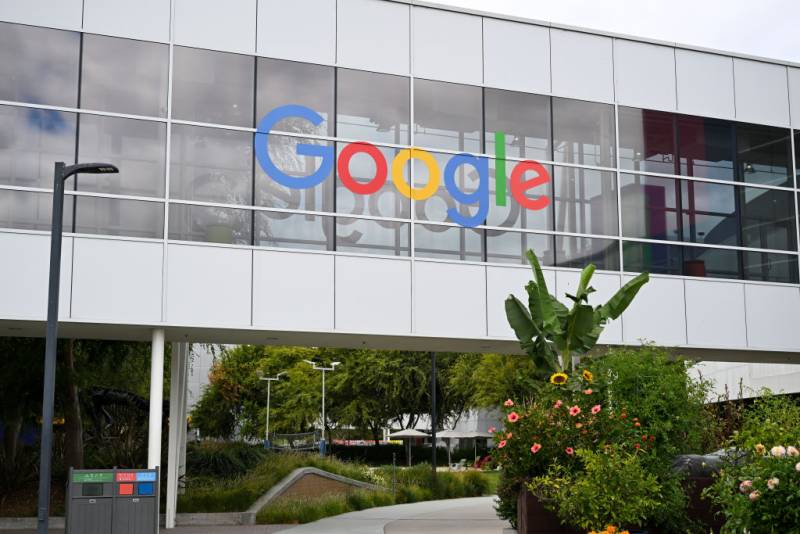The Justice Department, along with a coalition of states, has already said it believes Google should be forced to sell off parts of its ad tech business, which generates tens of billions of dollars annually for the Mountain View, California-based company.
After roughly a month of trial testimony earlier this year, the arguments in the case remain the same.
During three hours of arguments Monday, Brinkema, who sometimes tips her hand during legal arguments, did little to indicate how she might rule. She did, though, question the applicability of a key antitrust case Google cites in its defense.
The Justice Department contends Google built and maintained a monopoly in “open-web display advertising,” essentially the rectangular ads that appear on the top and right-hand side of the page when one browses websites.
Google dominates all facets of the market. A technology called DoubleClick is used pervasively by news sites and other online publishers, while Google Ads maintains a cache of advertisers large and small looking to place their ads on the right webpage in front of the right consumer.
In between is another Google product, AdExchange, that conducts nearly instantaneous auctions matching advertisers to publishers.
In court papers, Justice Department lawyers say Google “is more concerned with acquiring and preserving its trifecta of monopolies than serving its own publisher and advertiser customers or winning on the merits.”
As a result, content providers and news organizations have never been able to generate the online revenue they should due to Google’s excessive fees for brokering transactions between advertisers and publishers, the government says.
Google argues the government’s case improperly focuses on a narrow niche of online advertising. If one looks more broadly at online advertising to include social media, streaming TV services, and app-based advertising, Google says it controls as little as 10% of the market, a share that is dwindling as it faces increased and evolving competition.
Google alleges in court papers that the government’s lawsuit “boil(s) down to the persistent complaints of a handful of Google’s rivals and several mammoth publishers.”
Google also says it has invested billions in technology that facilitates the efficient match of advertisers to interested consumers and it should not be forced to share its technology and success with competitors.
“Requiring a company to do further engineering work to make its technology and customers accessible by all of its competitors on their preferred terms has never been compelled by U.S. antitrust law,” the company wrote.
Brinkema, during Monday’s arguments, also sought clarity on Google’s market share, a number the two sides dispute, depending on how broadly the market is defined.
